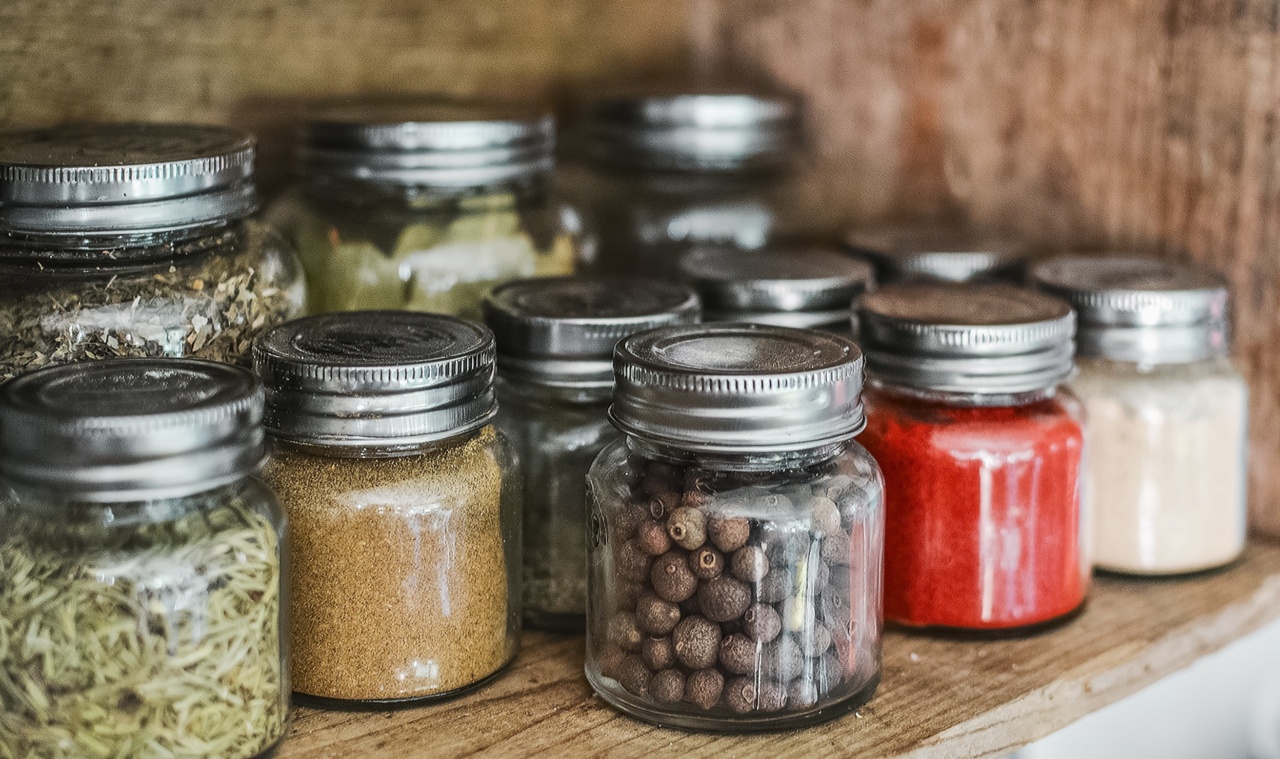When it comes to preserving food, a lot of people tend to turn towards artificial preservatives. However, there are natural options as well, one of which is nisin.
Nisin is a natural, antimicrobial peptide that can be found in certain dairy products and is commonly used as a food preservative. While it is useful for preserving food, nisin also has some other impressive properties. It has been found to have anti-cancer properties, making it a potential tool in the fight against cancer.
What is Nisin?
Nisin is a natural antimicrobial peptide produced by the bacterium Lactococcus lactis. It has been used for over 50 years as a food preservative due to its antimicrobial properties.
Nisin helps to prevent the growth of harmful bacteria, which can cause food-borne illness and spoilage.
Nisin is a small peptide, consisting of only 34 amino acids. It is a ribosomally-synthesized peptide, which means that it is produced on the ribosome of bacteria.
Nisin belongs to a class of molecules called lantibiotics, which are characterized by the presence of post-translationally modified amino acids and a thioether linkage between two amino acids. The thioether linkage is what gives nisin its strong antimicrobial properties.
Where is Nisin Found?
Nisin is commonly found in dairy products, such as cheese and yogurt. It is produced by the bacteria that ferment the milk, including Lactococcus lactis.
Since nisin is a natural preservative, it helps to keep these foods fresh by preventing the growth of harmful bacteria.
Aside from dairy products, nisin can also be produced by genetic engineering. This means that it can be synthesized in large quantities without the need for a natural source.
Nisin as a Food Preservative
Nisin is a popular food preservative due to its antimicrobial properties. It helps to prevent the growth of harmful bacteria and prolongs the shelf life of food, reducing waste and increasing food security.
It has been approved for use in the United States and Europe for several decades.
Since nisin is a natural preservative, it is more appealing to consumers than artificial preservatives. It is also effective against a wide range of bacteria, including some that are resistant to antibiotics.
This makes it a useful tool for combatting food-borne illnesses caused by antibiotic-resistant bacteria.
Nisin and Cancer
In recent years, researchers have discovered that nisin may have anti-cancer properties. Studies have shown that nisin has the ability to kill cancer cells in vitro, making it a potential tool in the fight against cancer.
One study found that nisin was able to significantly reduce the growth of head and neck cancer cells in mice.
The researchers also found that nisin was able to reduce the size of tumors in these mice, and that it was more effective than chemotherapy drugs in some cases.
Another study found that nisin was able to induce apoptosis, or programmed cell death, in breast cancer cells. This indicates that nisin may have the ability to kill cancer cells without harming healthy cells.
These studies are promising, but more research is needed to determine how nisin can be used to effectively treat cancer in humans. However, the ability of nisin to kill cancer cells without harming healthy cells makes it an appealing area of research.
How Does Nisin Fight Cancer?
The exact mechanism by which nisin fights cancer is not yet fully understood. However, researchers believe that it may be related to its ability to bind to and disrupt the cell membrane of cancer cells.
This can lead to the death of cancer cells, while healthy cells remain unharmed.
Nisin may also have an impact on the immune system, which could contribute to its anti-cancer properties. Researchers have found that nisin can increase the production of certain cytokines, which are important for the immune response.
Potential Benefits of Nisin
Aside from its anti-cancer properties, nisin may have other potential benefits. Some studies have suggested that nisin may be useful in treating acne, by reducing the growth of acne-causing bacteria on the skin.
Nisin may also be effective against biofilms, which are sticky films made by bacteria that can cause infections.
Nisin has also been found to reduce inflammation. In one study, rats that were given nisin had lower levels of inflammatory markers in their blood, indicating that nisin may be useful in treating inflammatory diseases.
Conclusion
Nisin is a natural preservative that has been used for several decades in food production. It has strong antimicrobial properties that help to prolong the shelf life of food and prevent food-borne illness.
In recent years, researchers have discovered that nisin may have anti-cancer properties, making it a potential tool in the fight against cancer. More research is needed to determine how nisin can be used to effectively treat cancer in humans, but the ability of nisin to kill cancer cells without harming healthy cells makes it an appealing area of research.






























